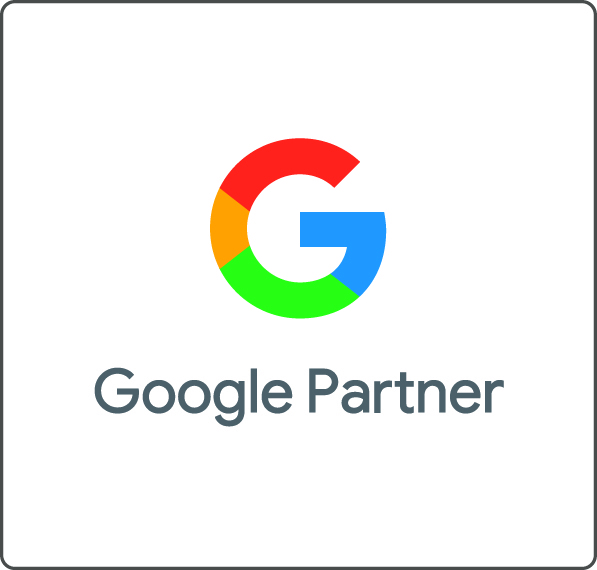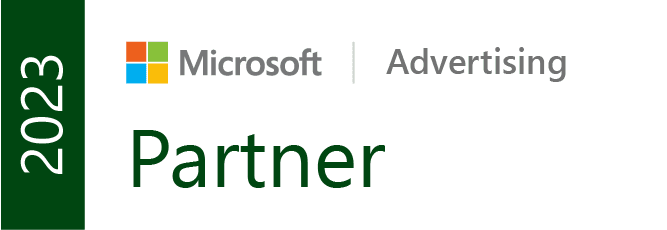Yes, there are certainly more challenging issues for me to tackle but I picked this one for several reasons.
Firstly, I’ve a long held belief that most apps are really a waste of time (this is also shared in the team). What value do most of them offer other than just being a convenient button?
I’ve often questioned myself, friends and clients as to why some of them are used and the value they offer. A good, responsive site should do everything that an app can. The best example of this for me is my Santander banking app. It does everything that the online account does (actually less as there is an issue around listing of contacts) and offers nothing noticeable on top - so why bother? And it’s not like apps take up much real estate on a lot of peoples phones these days as more people group their apps and so hide them from view.

Secondly, I also wanted to reduce the number of distractions that I get. Whilst I’ve got a smartwatch, getting notified of someone’s birthday or an app giving me an irrelevant offer isn’t the best use of my increasingly stretched attention span. I don’t need most notifications in my life. I figured by taking away all of the apps that buzz me throughout my week I might feel a little less bombarded.
Finally, I wanted to see if I could come up with a challenge for new year and stick to it.
The test was to remove all apps from my phone except for what I’ll term native ones; text messages, the phone app (!), Chrome, maps and Spotify (ok, I could’ve gone completely web on this but my work drive takes in quite a bit of forest so I need the offline data). Everything else was removed from my home screen and removed or deactivated.
What did i learn?
So, six weeks in, what have I learned? I’ve boiled down my main observations as follows.
Less distractions
Not having the numerous social apps (and otherwise) on my phone notifying me of things has been a blessing and a curse. I certainly get far fewer notices pop up on my phone on a daily basis. This means that throughout the day and can (try) and keep concentration more on the things I’m working on. On the downside, not getting things like birthday and event notifications has been a bit of a pain and I’ve missed a few things. Overall, it’s worth the sacrifice.
With the only route into the social networks being via Chrome or dare I say it, my laptop, I’ve certainly used Twitter, Facebook and LinkedIn less. Whilst it’s not so much the lack of notifications that’s made this happen, it’s more the fact I don’t have a button/logo within easy access. My behaviour has changed. It’s very fair to say ‘how hard is it to press f on your browser to get to Facebook?!’ and I agree it is. However, I have to think that extra bit about checking in on my various networks and that’s slowed my usage. But I’m trying to do this anyway so this tiny change has actually worked in my favour.
With a reduced amount of notifications coming into my phone, the thing on my wrist becomes, well, less smart. I questioned the value of smart watches when they came out and now I’ve had one for six months, my opinion hasn’t really changed from ‘nice to have at best’ (see what Gary said about his for more opinion). Whilst I can get alerts and notifications from Chrome, most sites don’t use this functionality so less apps equals less alerts which in turn means less watch use.
It makes me realise the need for Apple to keep apps and the app store prominent. They tried to create a whole new category of accessory through the Apple Watch which only really works off the back of the app store. A more open web for them hurts revenue and this is just a small example of this.
Even the biggest brands have terrible mobile web experiences
Forcing yourself to take a mobile only experience of some of the biggest sites in the world was a bit of an eye opener. The worst performer here was Twitter. Whilst they’ve taken a panning recently for all sorts of reasons (I still don’t like the 10,000 character limit proposed change), I don’t recall their mobile experience being one of them. I assume this is because most people, like me up until 6 weeks ago, used their app. I’m sure pretty much everyone does.
But without meaning to labour the point, the mobile web experience is awful. Design is almost archaic, it lacks a lot of app features, doesn’t refresh itself easily and is just plain disappointing.
It’s not limited just to Twitter. Facebook isn’t as nice to use in many places, Santander banking isn’t even responsive (!) and Gmail has a few issues around refreshing of pages. The only site that I felt I’d be able to use just mobile ready was LinkedIn which has only just undergone a facelift. It actually feels like the app and works without a hitch in most places.
So, do i really need apps?
I guess the short answer for me is yes in most cases. Why? For me it’s not really down to the real need to have a button on my phone, I can manage just as well using Chrome and the quick links on the new tab screen. The real reason for landing on the yes side is down to the lack of effort and poor experience on behalf of the brands.
It’s a bit of a chicken and egg. If people used the mobile web version more, then they’d probably do more to improve it. But if most traffic comes via app usage and user behaviours don’t change, then what’s the need? The app culture is still here to stay, for now at least, so from the brand POV if the app experience is good enough then there is low priority to fix the mobile web experience.
Have I changed my behaviour after six weeks? I think the answer is yes in the main. Gmail is adequate enough. Mobile banking, while a pain, still works with a bit of pinching and zooming. And if I use social networks a bit less, then that’s no real loss. The only exception is Twitter which does benefit hugely from the app experience so I’ll start using that again.
Will there be a day when we stop using apps? Until more brands fix their issues and there is a real sea change in user behaviour towards mobile over apps, then I think app usage is here to stay. Perhaps Googles ongoing push to add their layer over the top of the app world will change how and when we use apps. If it does ever happen it's not going to happen for a very long time.
For those companies that do offer a great, or even good enough, mobile web experience, I think that the need to offer an app is still probably there; it’s just an expensive need. But if you aren’t a blue chip national brand, then I’d argue strongly there are better ways to spend your budget.





